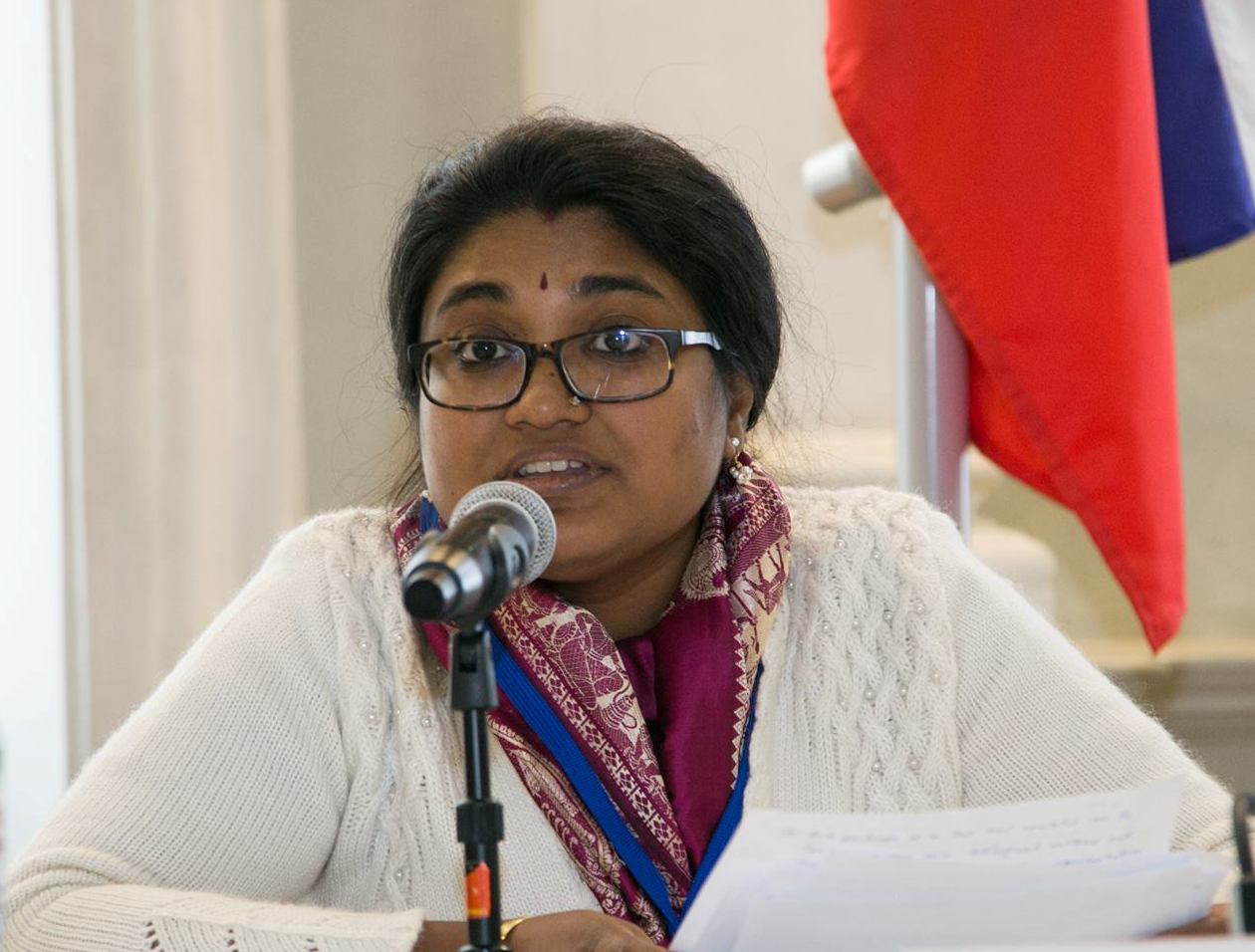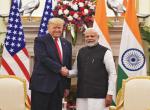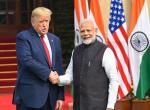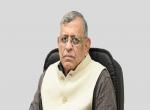India has always bowed in veneration before the teacher. Why? Ancient Indians considered Creation itself a great sacrifice on the part of the Cosmic Being. This act of sacrifice is to be replicated by human beings in all their actions to uphold this Creation. Our parents bring forth new life by giving birth to us and raising us. In that process, they work hard and even undergo a lot of suffering. This sacrifice on their part makes them venerable to us. But the gift of the guru or teacher is the highest because he/she gives us knowledge. In order to attain that knowledge himself and to be competent to give it to others, the teacher has to go through austerities, and virtually sacrifice himself.
Knowledge is the highest gift that can be given. It was not mere romanticism, when F. W. Thomas wrote in The History and Prospect of British Education in India in 1891 that “There is no country where the love of learning had so early an origin or has exercised so lasting and powerful an influence. From the simple poets of the Vedic age to the Bengali philosopher of the present day there has been an uninterrupted succession of teachers and scholars.” 1
Knowledge is not information, or even acquisition of skills. Knowledge is essentially self-knowledge. It is the teacher who acquaints us with our real self. Self-knowledge is what makes us morally upright, strong and self-reliant. And this knowledge is to be acquired for its own sake, not for any worldly gain. Education is not only a right, but a duty as well. This duty lies as much with the taught as it does with the teacher. The former is bound by duty not to neglect any opportunity for learning that one could make for oneself.
Contemporary educationists talk about a student-centric or child-centric education. Perhaps not at any given point of time was education as student-centric as during the times we can glean from the Upanisads. The work of the teacher was literally to point towards knowledge, it was the job of the disciple to truly discover that knowledge within. Let us take three famous examples from the Upanisads. In the Chhandogya Upanisad, we see both Indra, a deva, and Virochana, an asura, approach Prajapati to acquire knowledge. Prajapati asked both to perform austerities; he merely directed the two students towards knowledge. Virochana went home happy with the false knowledge that the body is our true self. But Indra doubted and came back. Prajapati guided him in progression. Every time Indra would discover a deeper knowledge, Prapajati would give further hint. Eventually it was Indra’s own discovery that our true self is atman which is indestructible and immortal. Thus, by dint of self-knowledge, Indra became immortal. In the same Upanisad, we have the episode of Svetaketu and Aruni. For Svetaketu, self-knowledge was a matter of gradual unravelling by his own self, with the aid of hints from Aruni. Almost a similar method of instruction was followed by Varuna for teaching Bhrigu in the Taittiriya Upanisad.
This also tells us something about the nature of knowledge. All knowledge is within. To quote Swami Vivekananda: “No knowledge comes from outside; it is all inside. What we say a man "knows", should, in strict psychological language, be what he "discovers" or "unveils"; what a man "learns" is really what he "discovers", by taking the cover off his own soul, which is a mine of infinite knowledge.
We say Newton discovered gravitation. Was it sitting anywhere in a corner waiting for him? It was in his own mind; the time came and he found it out. All knowledge that the world has ever received comes from the mind; the infinite library of the universe is in your own mind. The external world is simply the suggestion, the occasion, which sets you to study your own mind, but the object of your study is always your own mind.”2
Thus, we see that it is not merely self-knowledge, but even knowledge of objects that resides in our own minds. But in an ordinary context, our minds are not able to mobilise the resources within itself. That requires training. Therefore, it follows that one of the pillars of education is the training of the mind. To quote Vivekananda again, “To me the very essence of education is concentration of mind, not the collecting of facts. If I had to do my education over again, and had any voice in the matter, I would not study facts at all. I would develop the power of concentration and detachment, and then with a perfect instrument [the mind] I could collect facts at will. Side by side, in the child, should be developed the power of concentration and detachment.”3 The faculty of detachment at will is as important as the power of concentration; if a person is unable to detach himself at ease, it would cause great suffering.
Another sign of a student-centric education in India is the following. A true teacher is always able to distinguish between what is good for one but may not be good another student. This is not ancient India long dead and gone. It lives amongst us even to this day. Let us take the example of Sri Ramakrishna, one of the greatest spiritual teachers ever. No two among his direct disciples were alike. He understood the distinct needs and aptitudes of each disciple and trained each according to their own unique situations. Let us take another example from a different context: the great music exponent Baba Allaudin Khan. Through his teaching, he had ensured that Pandit Nikhil Banerjee does not end up being a copy-cat of Pandit Ravi Shankar! We try to put a round peg in a square hole, or worse, all pegs in the same hole. But, the coming of being of each individual, who is unique in himself, is the responsibility of the teacher. And it is only the great teachers who succeed in doing that.
End Notes:
- Cited in Suresh Chandra Ghosh, The History of Education in Modern India 1757-1986, New Delhi, Orient Longman, 1995, p. 6.
- The Complete Works of Swami Vivekananda, vol. 1, Kolkata, Advaita Ashrama, 1989, p. 28.
- Ibid., vol. 6, pp. 38-39.
Image Source: http://www.indiaonlinepages.com/festivals/teachers-day/gifs/teachers-day.jpg











Post new comment